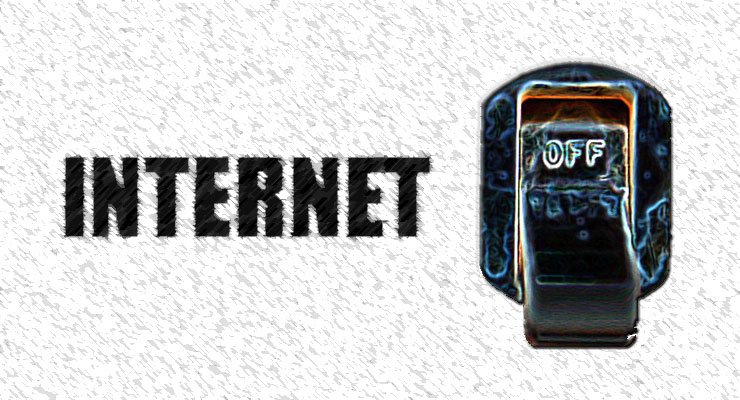 This article by Katie Harbath is published by Modern Diplomacy. Here is an extract:
This article by Katie Harbath is published by Modern Diplomacy. Here is an extract:
2022 was a milestone year of change for the online ecosystem, with changes that have the potential to continue eroding democratic systems and values globally. Large technology companies dipped in value, leading to massive layoffs. TikTok usurped the position of Facebook and Instagram, and renewed fears about the platform’s connections to the Chinese Communist Parties have prompted calls for it to be banned in the United States. This past year has also seen the rise in smaller platforms, leading content distribution to be much more decentralized across many platforms and raising concerns that these emerging platforms are doing even less to protect against integrity harms. Governments who face challenges to their authority and power are imposing tighter internet controls and stricter online laws, leading to further fragmentation of the global internet and erosion of democratic values. This past year also saw several highly contentious elections with deeply polarized online information spaces that took place in the Philippines, Kenya, Malaysia, Brazil, and the United States.
Key global crises and destabilization events in 2022 have proven that the online information space remains a battleground for influence that democratic actors need to engage with to promote democratic values. The events in 2022 have shown that democracies need to remain vigilant to the emerging changes and challenges from the technology space. As the Russia-Ukraine war continues and TikTok is increasingly viewed as a national security threat, differences in technology norms across democratic versus authoritarian systems are further amplified.
At the beginning of 2023, we already observed the most significant attack on Brazilian democracy in nearly 60 years. Supporters of the ousted former Brazilian president Bolsonaro attacked the country’s Congress, Supreme Court, and presidential palace on January 8. This mirrors the United States insurrection that took place two years ago and was taken directly out of former president Trump’s playbook to undermine election integrity and decrease voters’ trust. Authoritarians globally are also increasingly innovating and exploiting artificial intelligence (AI) to conduct mass surveillance, undermine privacy, and conduct censorship. AI-driven tools are progressing faster than any regulations created to govern its use, and democracies are constantly playing catch up.
Read the full article here.
Leave a Reply